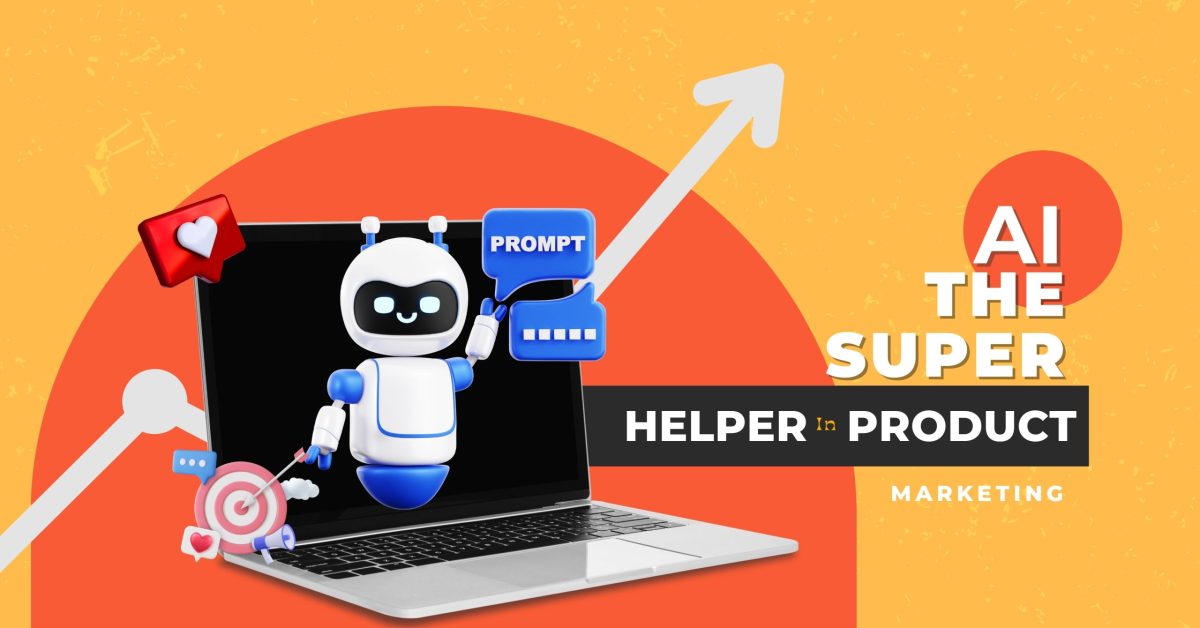Artificial Intelligence (AI) might sound like a fancy term from a sci-fi movie. But it’s actually a super helper that’s changing the way we do things, from making our lives easier to helping businesses work better. But with all the talk about AI, it can be hard to tell what’s real and what’s just hype. Let’s take a closer look at what’s known as AI washing and its impact on product marketing.
What Is AI Washing?
AI washing is when products or services are labeled as “AI-powered” without any real proof of true intelligence. It’s like calling a regular rock a diamond just because it’s shiny. As consumers, we come across AI washing every day, from chatbots that claim to be “intelligent” to apps that promise AI-driven solutions for every problem.
The Hype vs. The Reality
While AI has a lot of potential, not all products that are labeled as AI actually live up to the promise. Sometimes, people use the buzz around AI to attract attention and funding. However, smart buyers need to look beyond the label and evaluate the actual capabilities of a product.
The Impact of AI in Marketing
The Not-So-Secret Sauce
The impact of AI on marketing is undeniable. Let’s explore some key areas where AI is making a difference:
Personalization: AI can analyse a lot of data to tailor experiences for individual users. Whether it’s personalized recommendations or targeted ads, AI enhances engagement. For example, Spotify uses AI to analyse your listening habits and create personalized playlists.
Efficiency: AI can automate repetitive tasks and optimize ad spend, making marketing processes smoother and freeing up human resources for strategic thinking. For instance, tools like Buffer use AI to automate social media posting, saving marketers valuable time.
Predictive Analytics: AI can predict consumer behaviour, helping marketers make informed decisions. Imagine knowing which leads are likely to convert or when to launch a campaign for maximum impact. Companies like Salesforce use AI to predict customer behaviour and optimize marketing strategies.
Content Creation: AI-generated content, such as product descriptions or social media posts, saves time and maintains consistency. Tools like Grammarly use AI to help create and edit content more efficiently.
Investment Landscape
Investors recognize the potential of AI. Startups in the AI space attract more funding than their non-AI counterparts. Corporate investments in AI have surged, reaching nearly $940 billion globally. This shows the confidence that investors have in the potential of AI.
Beyond Buzzwords: Practical Applications
AI in Action
Chatbots and Customer Service: AI-powered chatbots handle inquiries, resolve issues, and provide 24/7 support. Companies like Zappos use chatbots to provide instant customer service.
Recommendation Engines: Netflix’s personalized movie suggestions and Amazon’s product recommendations rely on AI algorithms. These recommendations are tailored to each user’s preferences, enhancing the user experience.
Social Media Insights: AI analyses social media data to understand trends, sentiment, and audience preferences. Tools like Brandwatch use AI to analyse social media trends and provide insights.
Search Engine Optimization (SEO): AI-driven SEO tools optimize content, keywords, and website performance. Platforms like BrightEdge use AI to provide SEO recommendations.
More Real-World Examples and Insights
Skillshare Drives Creativity and Inspires Discovery: Skillshare, an online learning community, uses AI to personalize course recommendations for its users. By analysing a user’s past courses, interests, and learning patterns, Skillshare can suggest new courses that the user is likely to find interesting and useful.
Slickdeals Increases Loyalty and Engagement with AI: Slickdeals, a community-driven deal sharing site, uses AI to provide personalized deal recommendations. The AI analyses a user’s past deal preferences and browsing behaviour to suggest deals that the user might be interested in.
Udacity Unlocks Hyper-Personalization Using Data & AI: Udacity, an online education platform, uses AI to deliver a hyper-personalized learning experience. The AI analyses a student’s learning style, course progress, and engagement levels to tailor the learning experience to the student’s needs.
Sweetwater Develops Lifelong Relationships with Every Customer: Sweetwater, a music instrument retailer, uses AI to provide personalized product recommendations. The AI analyses a customer’s past purchases and browsing behaviour to suggest products that the customer might want to buy.
Carparts.com Personalizes Experiences with AI Recommendations: Carparts.com, an auto parts retailer, uses AI to suggest products to customers. By analysing a customer’s search history and past purchases, the AI can suggest other products that the customer might need.
Conclusion
Next time you come across an “AI-powered” product, dig a little deeper. Is it truly intelligent, or is it just riding the AI wave? As marketers, let’s embrace AI’s potential while staying grounded in reality.
Remember, in the world of AI, it’s important to look beyond the buzzwords and understand the true value that AI can bring to your marketing efforts. So, keep exploring, keep learning, and remember, the future is AI!
Also Read: Why AI is the Future of Marketing and Why You Should Care

